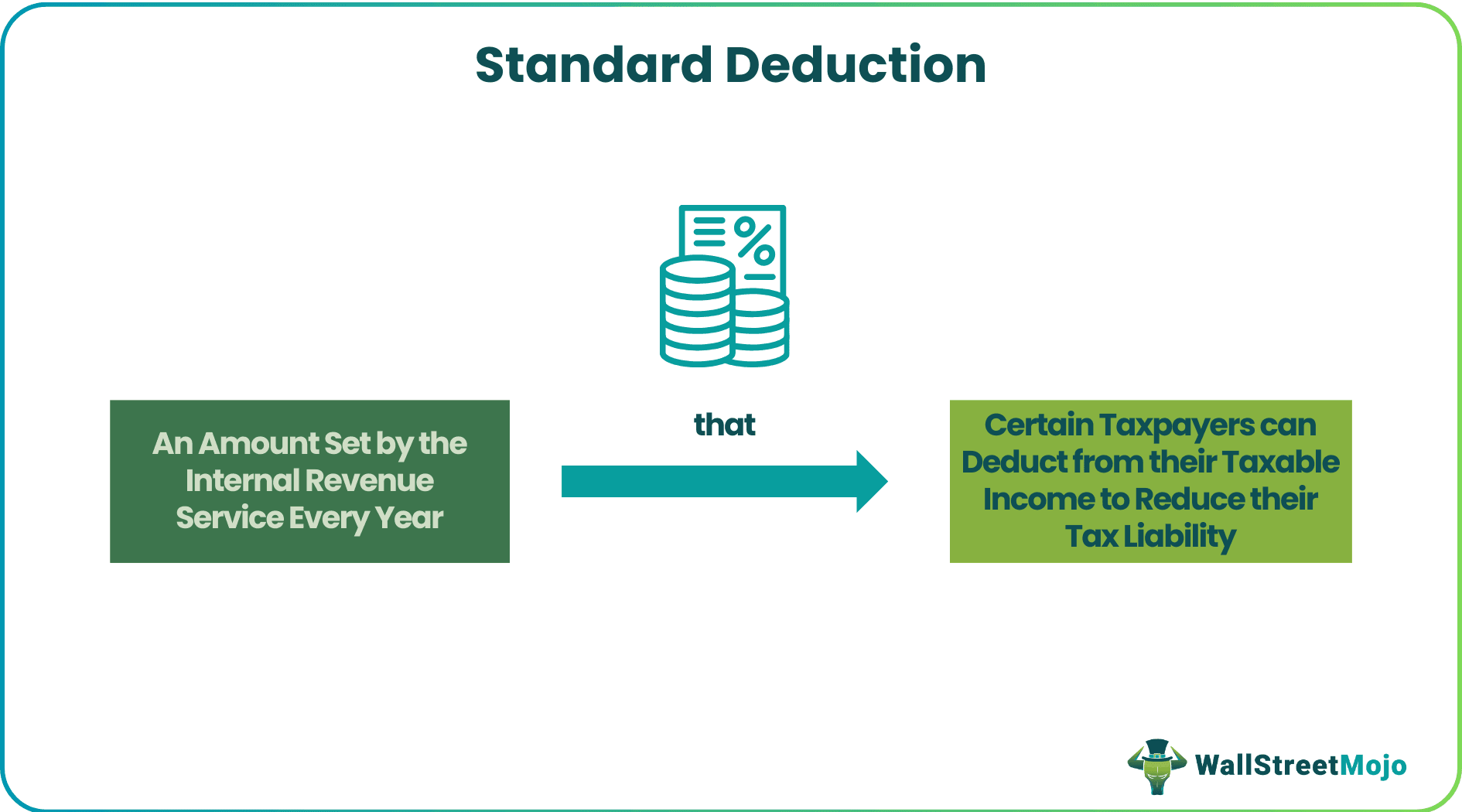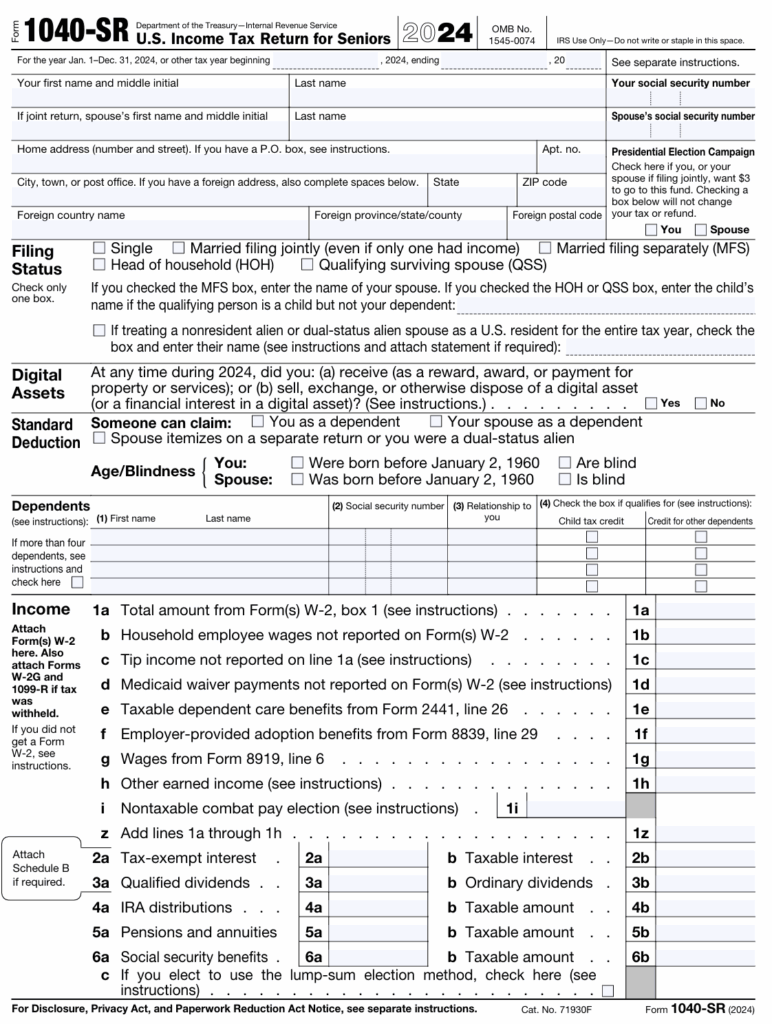How to avoid IRS issues when filing with the FEIE Standard Deduction
Comprehending the Foreign Earned Income Exclusion and Its Influence on Your Typical Reduction
The Foreign Earned Revenue Exemption (FEIE) provides considerable advantages for expatriates, enabling them to leave out a section of their foreign-earned earnings from united state tax. Nonetheless, declaring the FEIE can make complex one's tax scenario, especially regarding the standard deduction. Recognizing this interaction is important for people living abroad. As expatriates browse these complexities, they have to think about how their options affect their overall tax responsibility. What techniques can they use to maximize their economic outcomes?
What Is the Foreign Earned Income Exemption (FEIE)?
The Foreign Earned Income Exemption (FEIE) works as a crucial tax advantage for U.S. citizens and resident aliens working abroad. This provision enables qualified individuals to leave out a substantial section of their foreign-earned earnings from united state taxation, successfully reducing their overall tax worry. The FEIE intends to reduce the economic stress on migrants and motivates Americans to pursue employment possibility in international markets. The exclusion puts on earnings, salaries, and expert costs earned while living in an international nation. The maximum exclusion quantity is changed annually for rising cost of living, guaranteeing that it stays pertinent to present financial problems. By making use of the FEIE, expatriates can preserve even more of their revenue, fostering economic security while living overseas. On the whole, the FEIE plays a vital role fit the monetary landscape for Americans abroad, assisting in a smoother change to global work atmospheres and promoting economic engagement on an international scale.
Qualification Requirements for the FEIE
Qualification for the Foreign Earned Earnings Exclusion (FEIE) is contingent upon meeting certain criteria set by the Internal Profits Service (INTERNAL REVENUE SERVICE) Largely, individuals must be U.S. people or resident aliens that make income while living in a foreign country. To qualify, they must please a couple of primary tests: the Physical Existence Test or the Authentic Residence Test.
The Physical Visibility Test requires people to be physically existing in a foreign nation for at the very least 330 full days within a 12-month period - FEIE Standard Deduction. Alternatively, the Authentic Residence Test demands that people develop residency in an international nation for a nonstop period that consists of an entire tax year
Additionally, the earnings has to be obtained from personal solutions carried out in the foreign nation. Meeting these needs allows taxpayers to leave out a considerable section of their foreign-earned income from united state taxes, therefore decreasing their general tax obligation liability.
Exactly how to Declare the FEIE

To start the procedure, individuals must collect papers that verify their foreign revenues, such as pay stubs, tax returns from international countries, and any kind of pertinent employment agreements. It is vital to assure all income asserted under the FEIE is made from foreign sources and satisfies the called for limits.
Furthermore, taxpayers should take into consideration filing due dates and any type of feasible expansions. Asserting the FEIE appropriately not just helps in lessening tax responsibility however likewise assures compliance with internal revenue service guidelines. Proper documents and adherence to standards are vital for a successful case of the Foreign Earned Revenue Exclusion.
The Interaction Between FEIE and Common Reduction
The communication in between the Foreign Earned Earnings Exemption (FEIE) and the basic deduction is an essential element of tax obligation planning for migrants. Recognizing the standard concepts of FEIE, together with the limitations of the typical deduction, can considerably impact tax obligation filing techniques. This section will explore these aspects and their implications for taxpayers living abroad.
FEIE Fundamentals Explained
While many migrants seek to lower their tax burden, recognizing the interaction between the Foreign Earned Earnings Exemption (FEIE) and the conventional reduction is important. The FEIE enables U.S. people and resident aliens living abroad to omit a particular amount of international made earnings from U.S. tax. This exclusion can significantly reduce gross income, possibly affecting eligibility for various other deductions, such as the conventional reduction. Remarkably, people that assert the FEIE can not additionally take the typical reduction versus the excluded earnings. Therefore, expatriates should carefully review their total earnings and reductions to optimize their tax obligation scenario. Awareness of these interactions can bring about more informed monetary choices and better tax strategies for migrants guiding via their distinct circumstances.
Criterion Deduction Limitations
Understanding the restrictions of the typical deduction in connection to the Foreign Earned Earnings Exemption (FEIE) is important for expatriates maneuvering their tax obligation duties. While the FEIE permits certifying people to leave out a specific amount of foreign-earned earnings from united state taxation, it can affect the conventional reduction they are eligible to insurance claim. Particularly, taxpayers that declare the FEIE can not likewise claim the typical deduction on that excluded revenue. Additionally, if an expatriate's overall revenue falls listed below the basic reduction limit, they might not take advantage of it in any way. This interaction demands careful preparation to maximize tax advantages, as underutilizing the typical reduction can lead to higher taxable revenue and raised tax obligation. Understanding these restrictions is critical for effective tax obligation technique.
Tax Filing Implications
Maneuvering the tax filing effects of the Foreign Earned Revenue Exclusion (FEIE) calls for careful consideration of exactly how it interacts with the common reduction. Taxpayers using the FEIE can leave out a substantial portion of their foreign-earned revenue, however this exemption impacts their eligibility for the typical deduction. Particularly, if a specific insurance claims the FEIE, they can not also assert the basic reduction for that income. This can result in a lower overall tax obligation obligation however may make complex the filing procedure. In addition, taxpayers need to guarantee conformity with internal revenue service requirements when filing Form 2555 for the FEIE. Comprehending these communications is essential for maximizing tax benefits while preventing potential pitfalls in the filing procedure. Cautious planning can make the most of advantages and lessen obligations.
Possible Tax Obligation Effects of Making Use Of the FEIE
The Foreign Earned Earnings Exemption (FEIE) supplies significant tax obligation benefits for U.S. residents functioning abroad, however it also features possible effects that necessitate careful consideration. One major consequence is the effect on eligibility for specific tax obligation credit reports and reductions. By electing to use the FEIE, taxpayers might inadvertently reduce their adjusted gross earnings, which can restrict access to credit ratings like the Earned Earnings Tax obligation Credit history or minimize the quantity of typical reduction offered.
Additionally, people that make use of the FEIE might face issues when returning to the U.S. tax system, specifically concerning the taxes of future earnings. The exclusion applies only to earned income, meaning other revenue types, such as dividends or passion, continue to be taxed. This distinction demands meticulous record-keeping to assure compliance. The FEIE might impact state tax obligation obligations, as some states do not identify the exemption and may strain all earnings earned by their homeowners, no matter of where it is made.
Tips for Optimizing Your Tax Obligation Benefits While Abroad
While working abroad can be enhancing, it additionally presents distinct possibilities to optimize tax advantages. To make the like this most of these benefits, individuals must initially identify their qualification for the Foreign Earned Income Exemption (FEIE) and take into consideration the physical presence examination or the authentic residence examination. Keeping detailed documents of all earnings made and expenses incurred while overseas is essential. This paperwork supports cases for deductions and credit scores.
In addition, understanding the tax obligation treaties in between the United States and the host country can aid avoid dual taxation. Individuals should likewise check out contributions to tax-advantaged accounts, such as IRAs, which may give further deductions.

Last but not least, seeking advice from a tax expert specializing in expatriate tax obligation legislation can provide customized techniques and guarantee compliance with both united state and foreign tax obligation responsibilities. By taking these actions, expatriates can efficiently improve their monetary circumstance while living abroad.
Frequently Asked Questions
Can I Use FEIE if I Benefit an International Government?
Yes, a person can utilize the Foreign Earned Income Exclusion (FEIE) while functioning for a foreign federal government, provided they meet the requisite problems laid out by the IRS, including the physical presence or bona fide house examinations.

Does FEIE Put On Self-Employment Revenue?
The Foreign Earned Revenue Exemption (FEIE) does relate to self-employment income, gave the private satisfies the necessary demands. Qualified self-employed people can leave out qualifying income earned while living in a foreign nation from tax.
Suppose My Foreign Revenue Surpasses the FEIE Restriction?
The excess quantity may be subject to United state tax if foreign revenue surpasses the FEIE restriction. Taxpayers need to report and pay tax obligations on the earnings above the exemption threshold while still taking advantage of the exemption.
Can I Assert the FEIE and Detail Reductions?
Yes, individuals can declare the Foreign Earned Earnings check out here Exemption (FEIE) while additionally the original source itemizing deductions. Nonetheless, they must be aware that asserting the FEIE may affect the accessibility of certain itemized reductions on their tax return.
Just How Does FEIE Influence My State Tax Obligation Commitments?
The Foreign Earned Earnings Exclusion can reduce state tax obligation commitments, as many states follow government standards. Private state regulations vary, so it's crucial to speak with state tax obligation laws for details implications on tax responsibilities.
The Foreign Earned Revenue Exemption (FEIE) provides substantial benefits for migrants, allowing them to exclude a section of their foreign-earned income from United state taxes. While lots of migrants seek to reduce their tax obligation burden, recognizing the interaction between the Foreign Earned Earnings Exclusion (FEIE) and the typical deduction is crucial. Comprehending the constraints of the typical deduction in relation to the Foreign Earned Income Exclusion (FEIE) is crucial for migrants steering their tax obligations. The exclusion uses just to earned earnings, implying various other revenue types, such as returns or rate of interest, continue to be taxed. The Foreign Earned Income Exemption (FEIE) does apply to self-employment earnings, supplied the private fulfills the essential requirements.